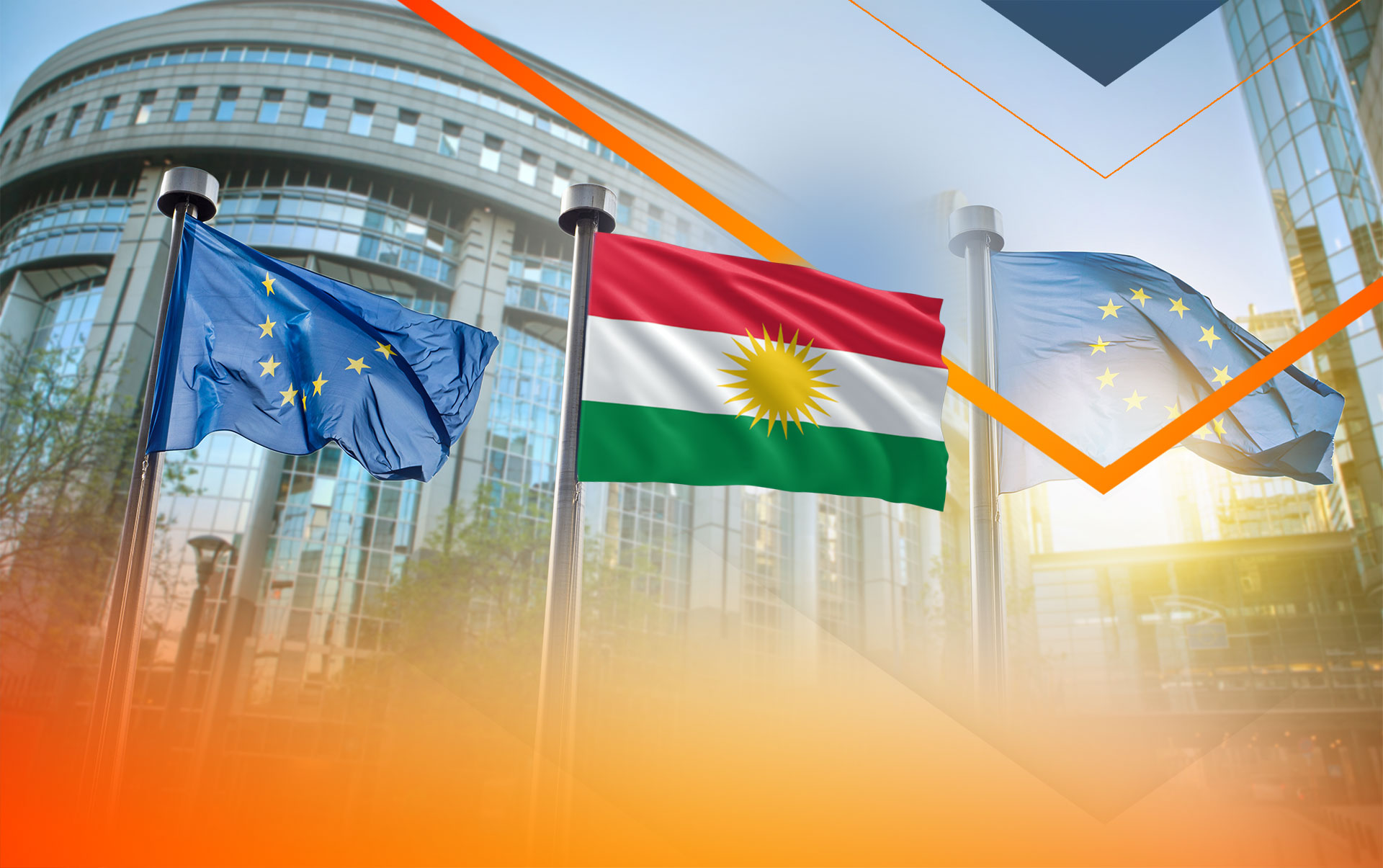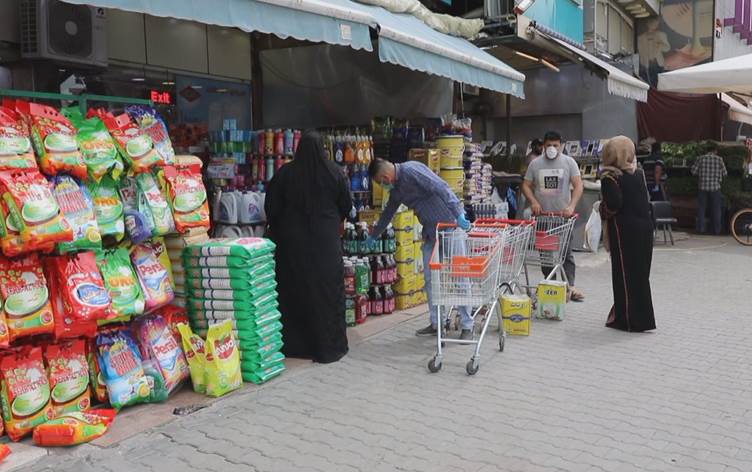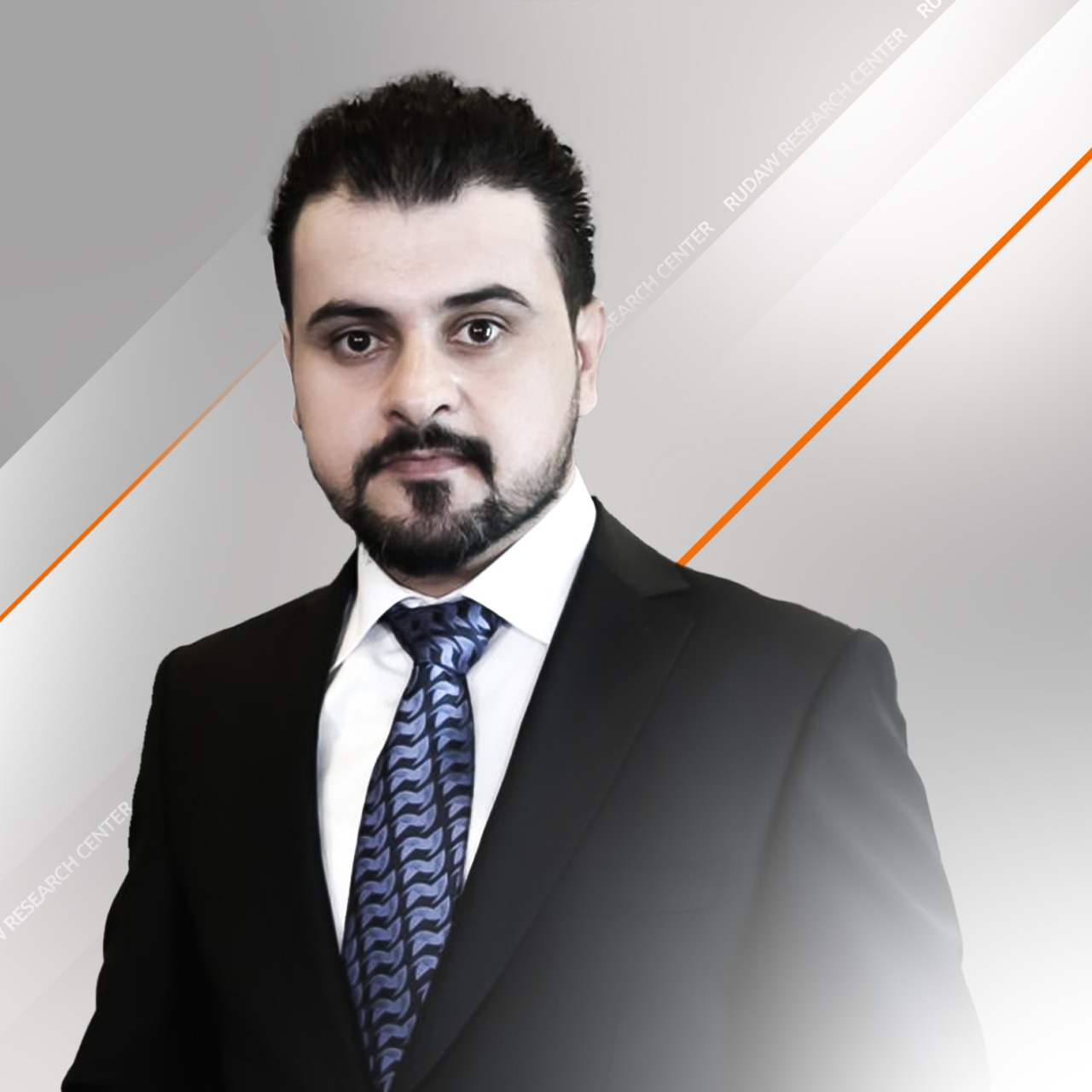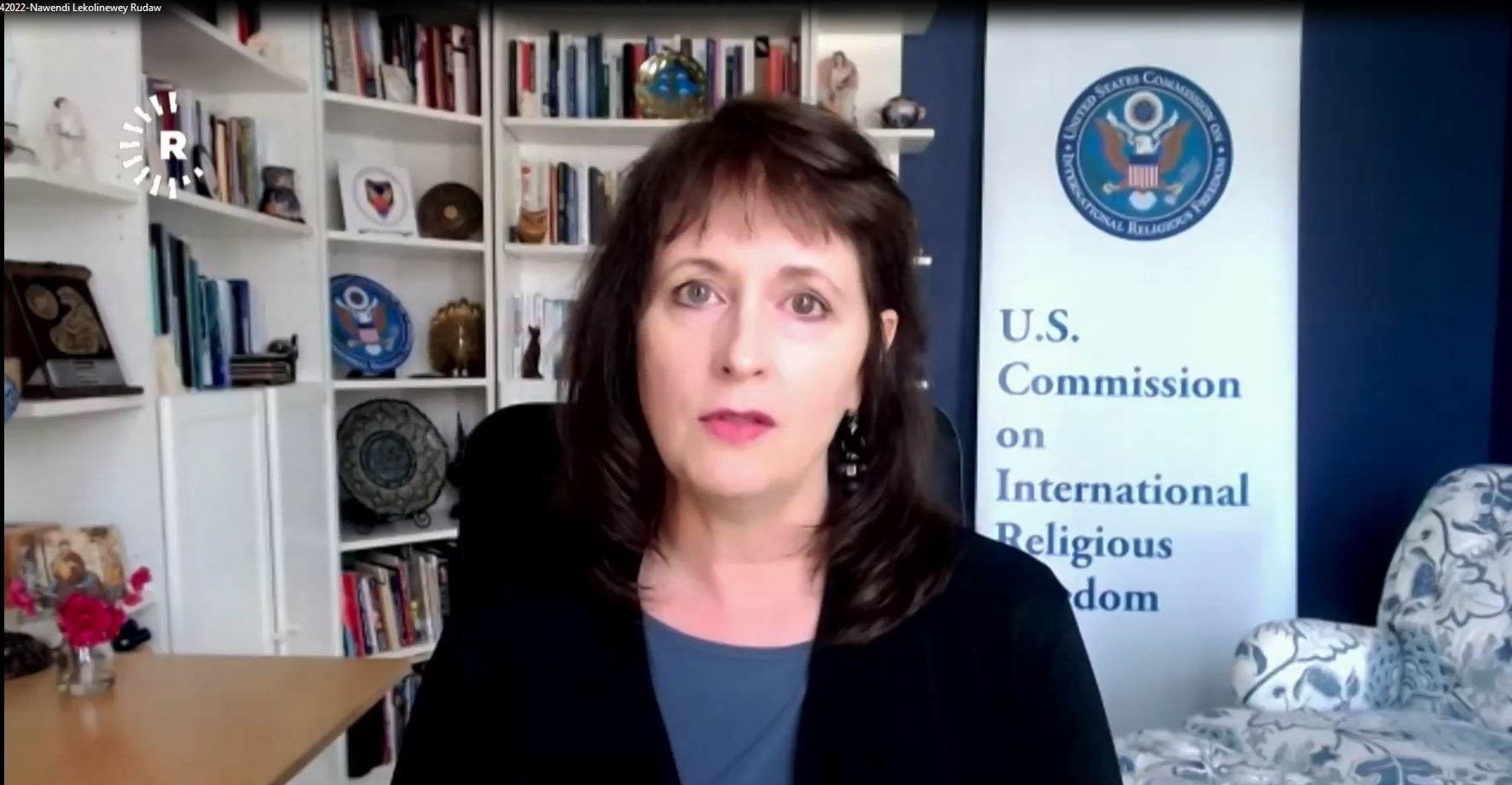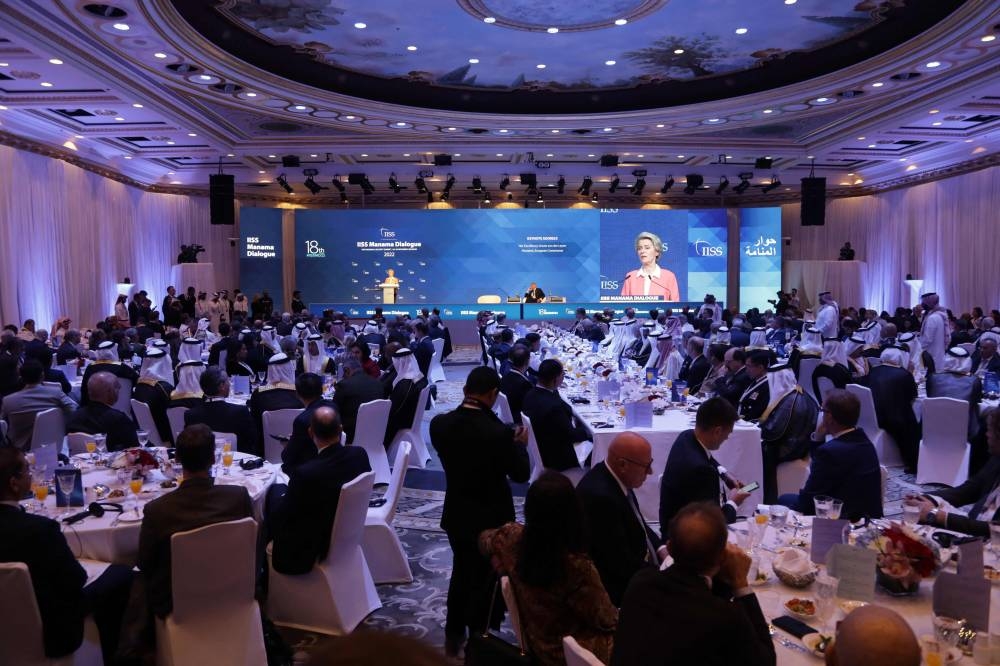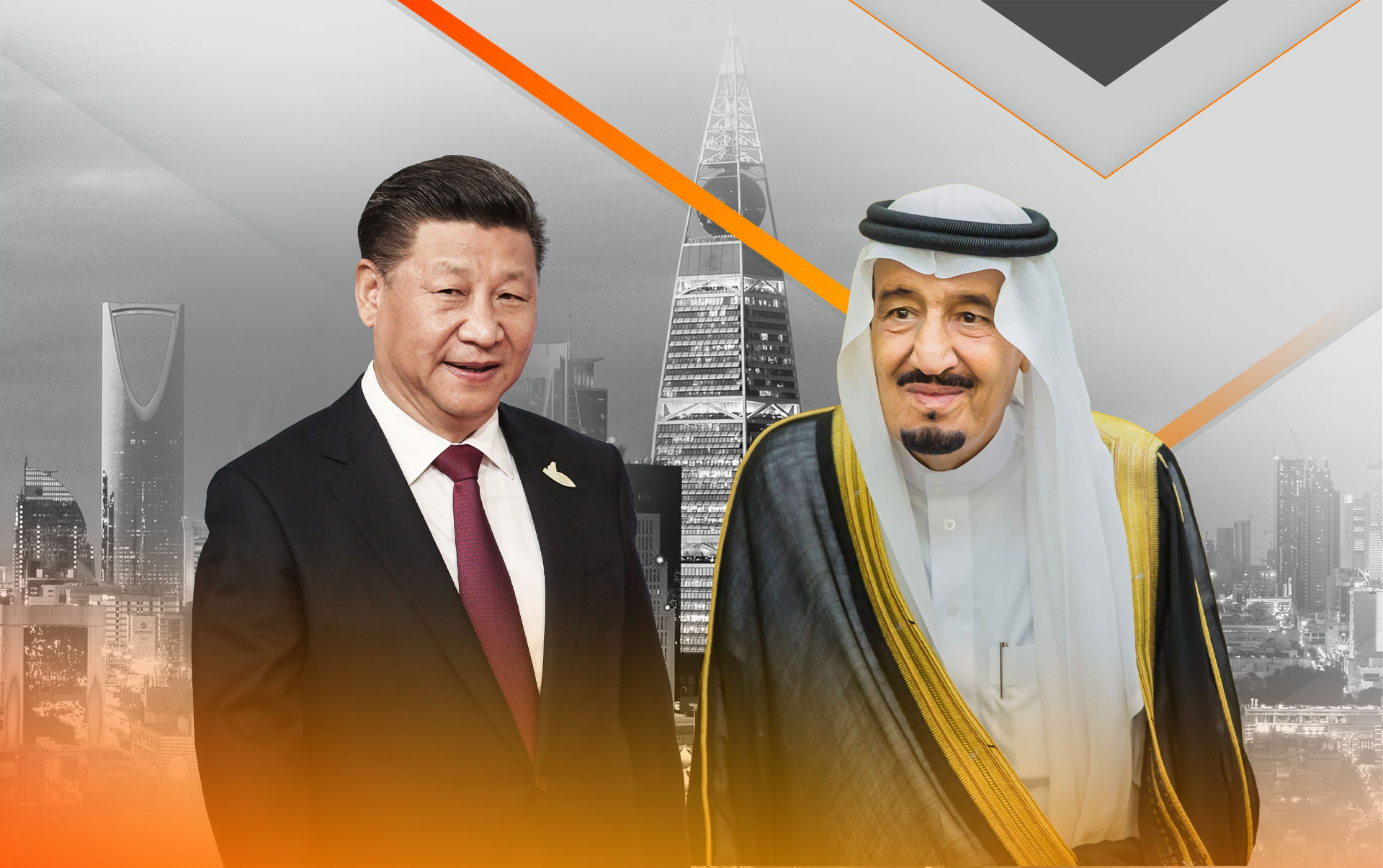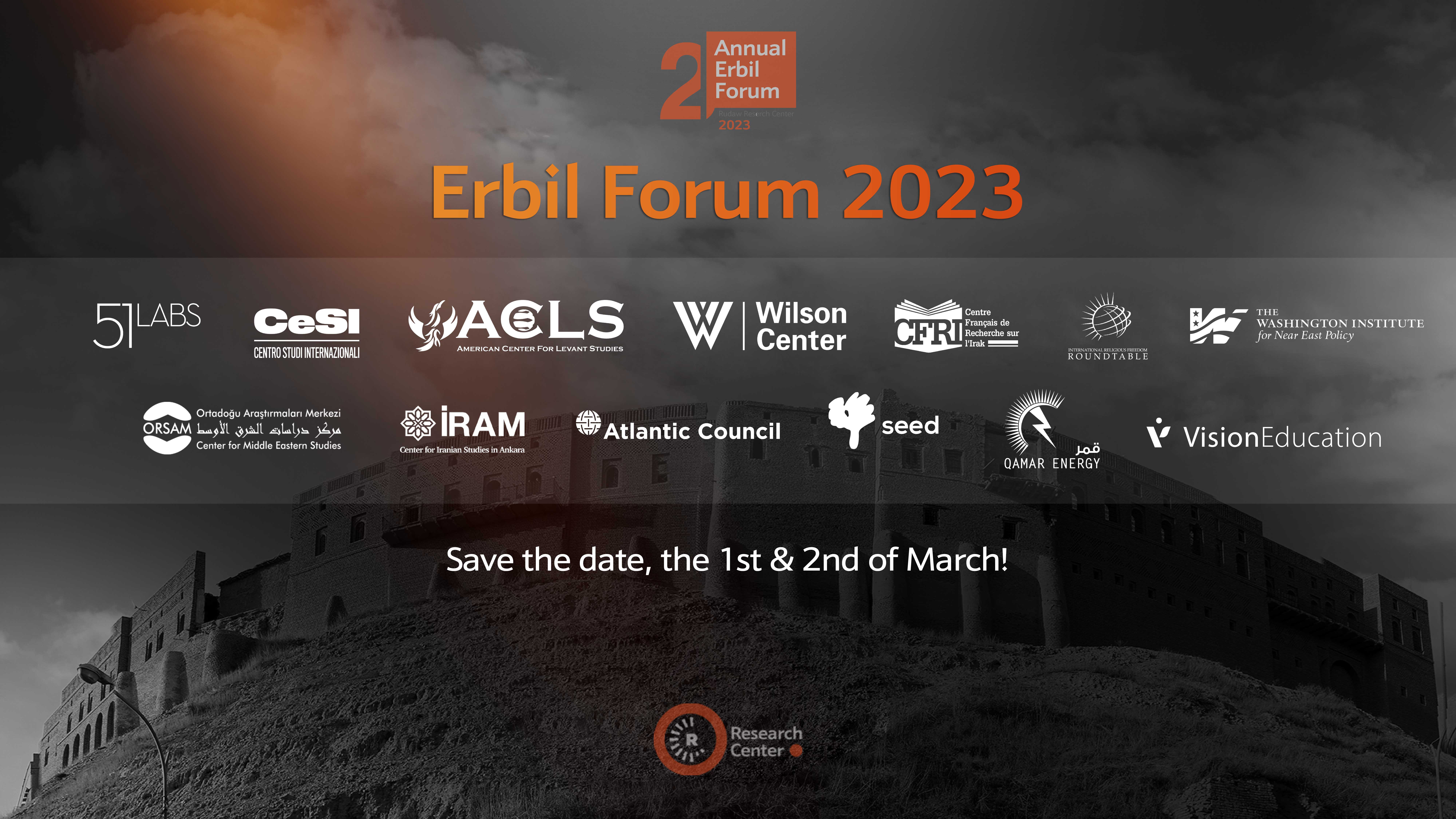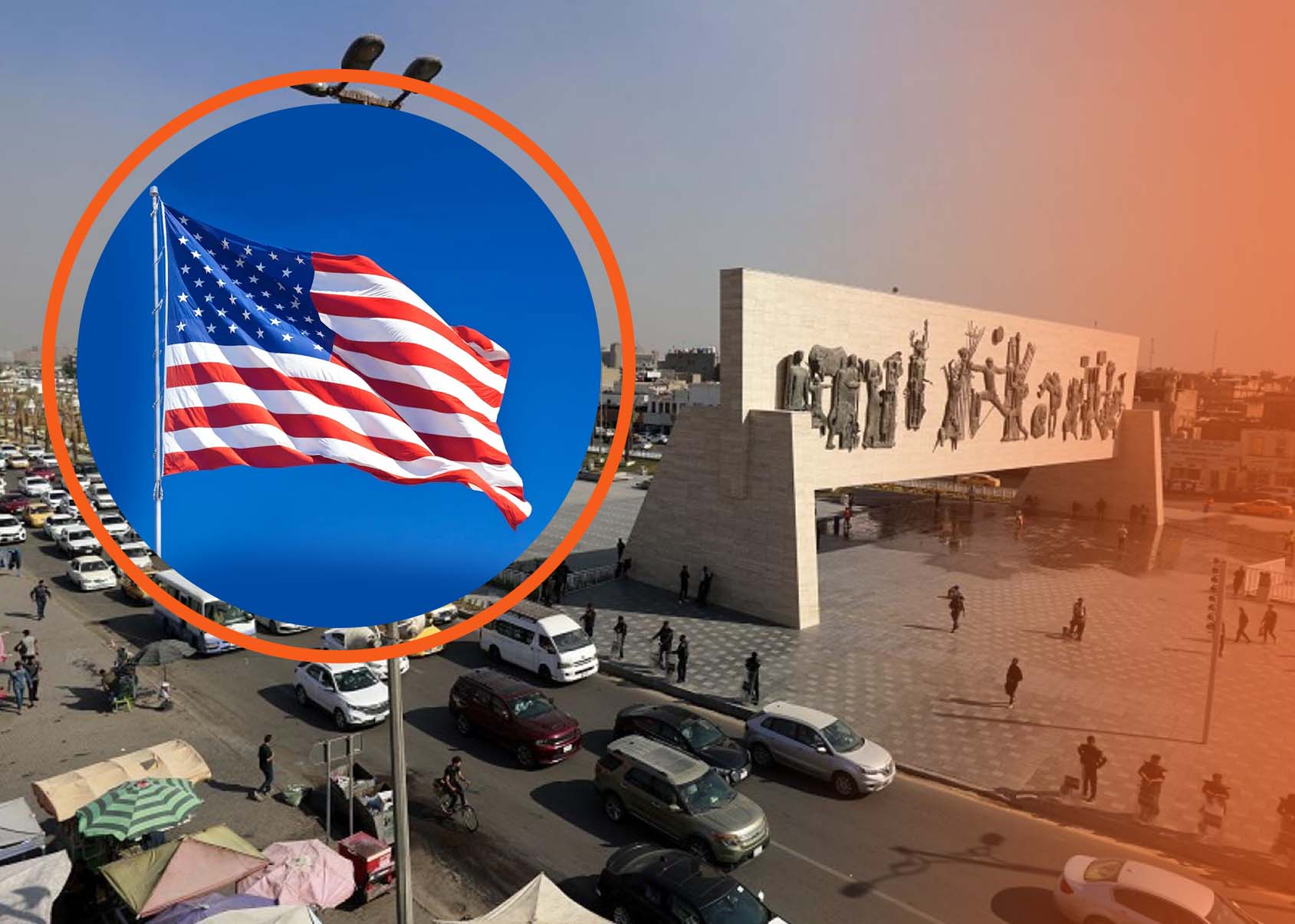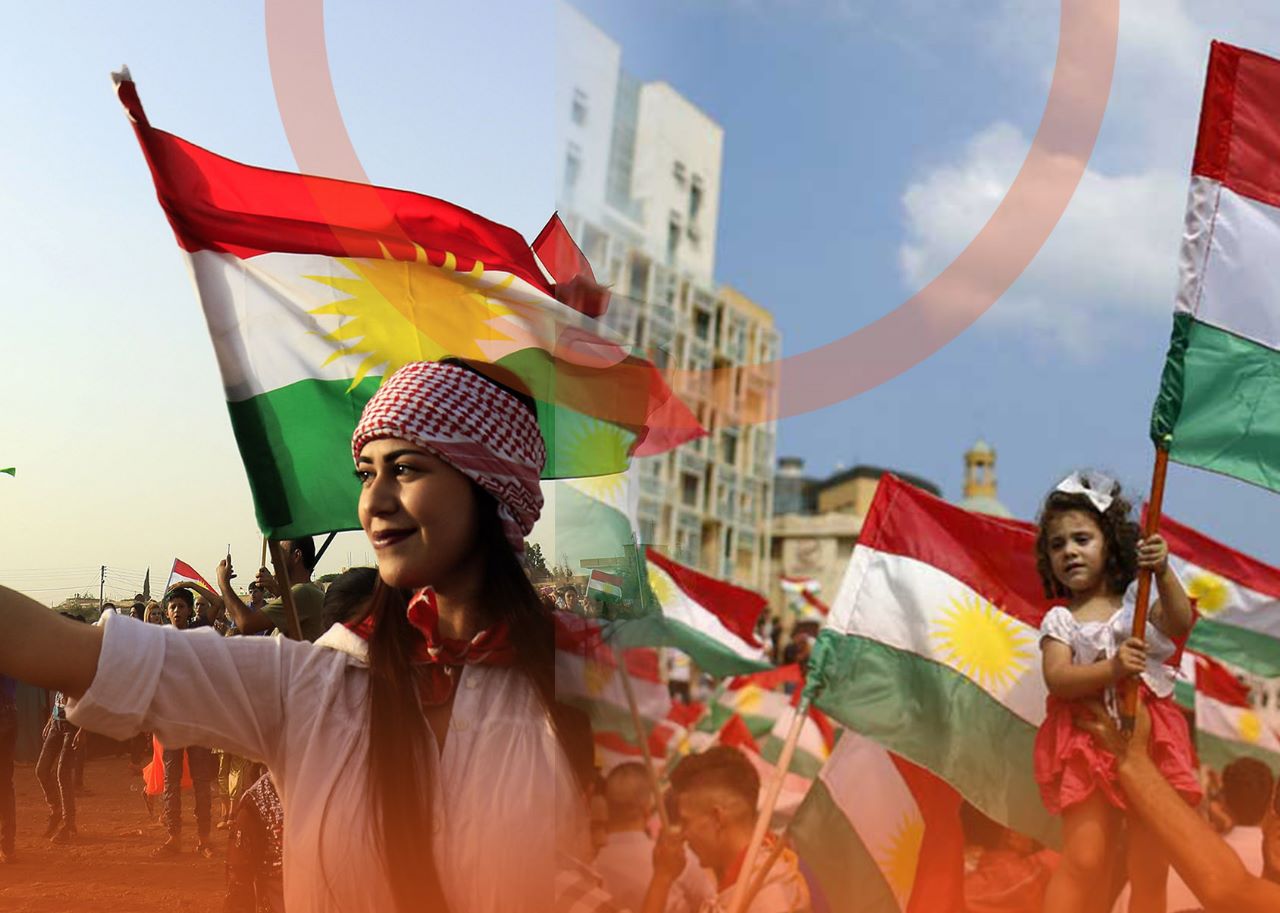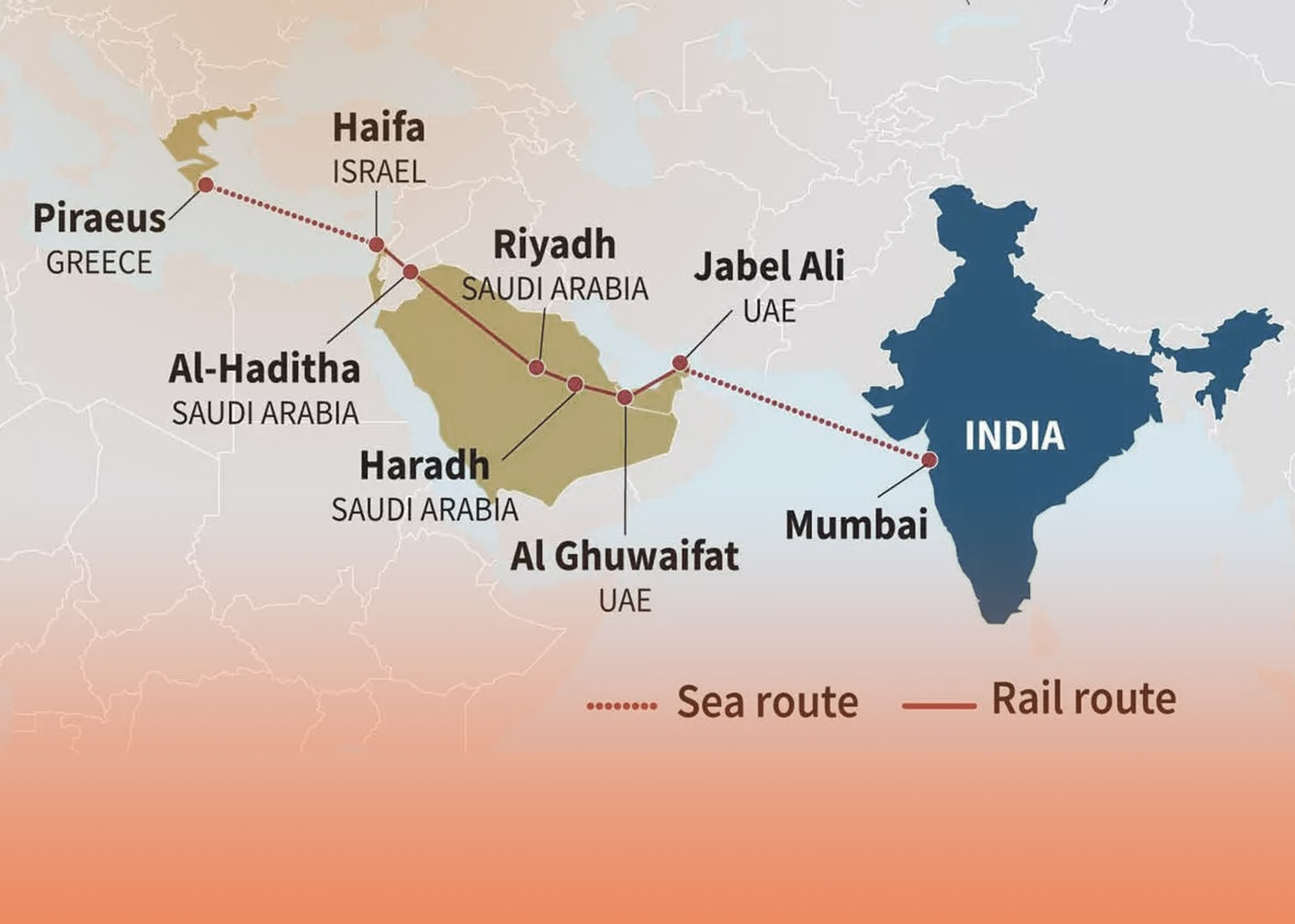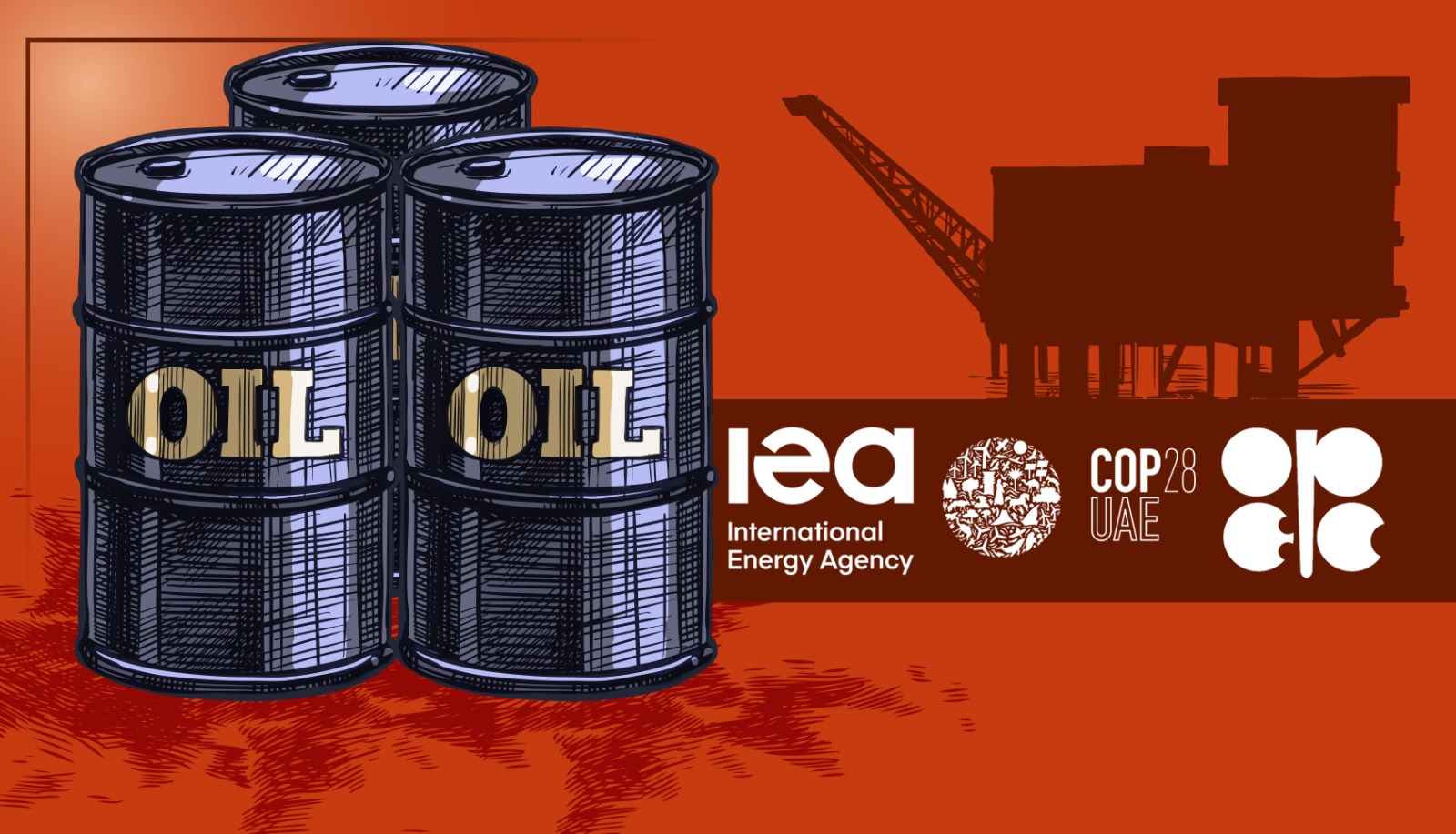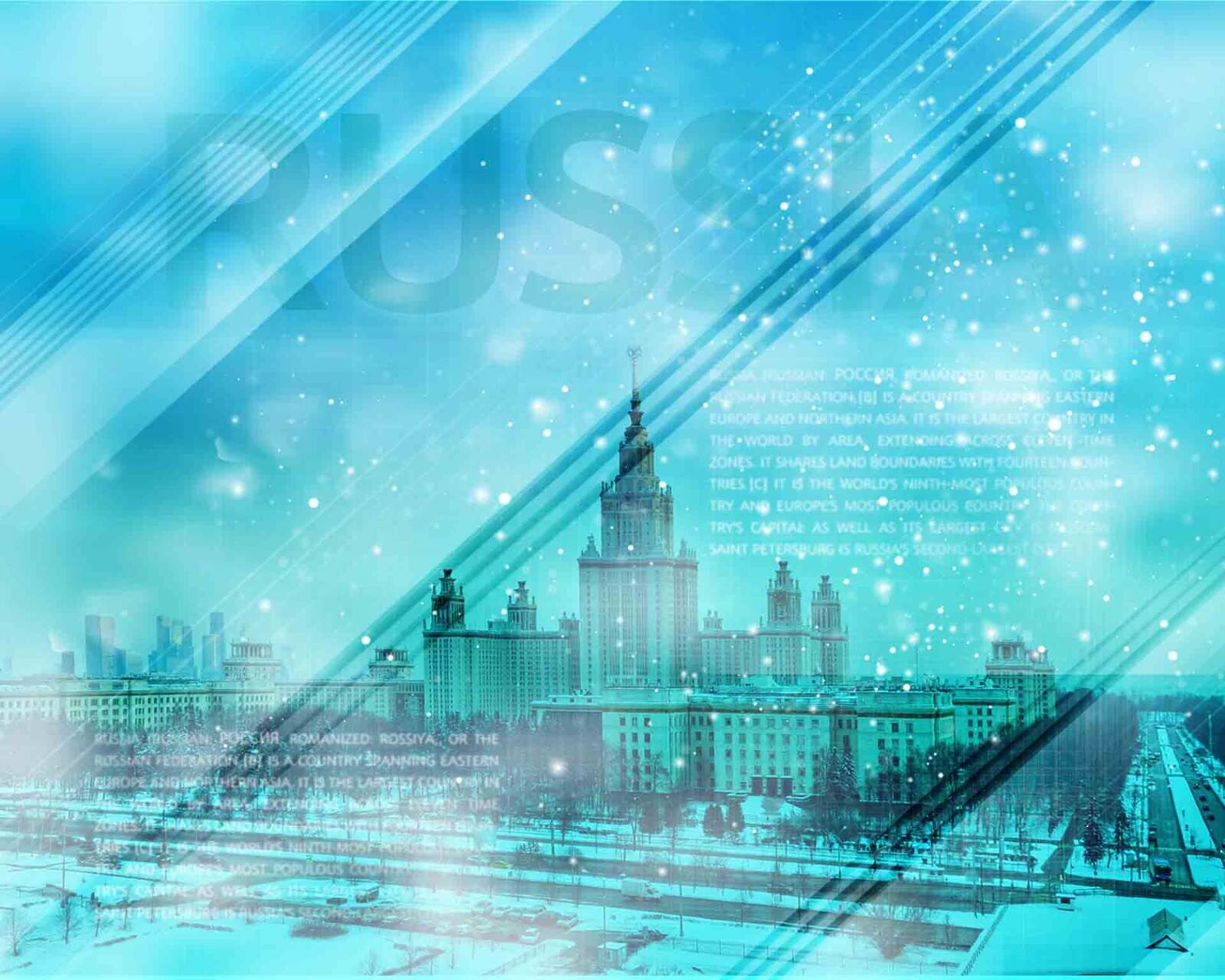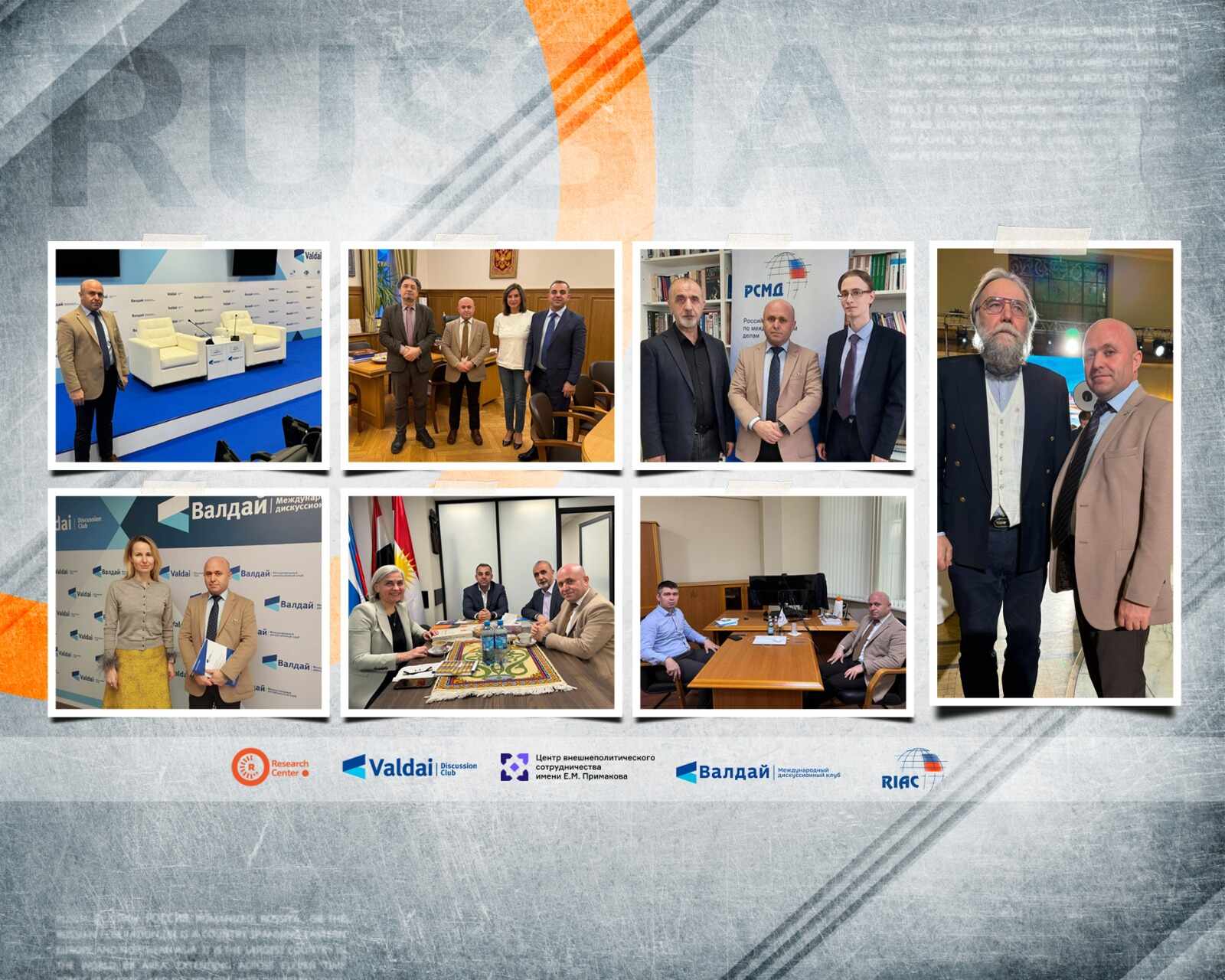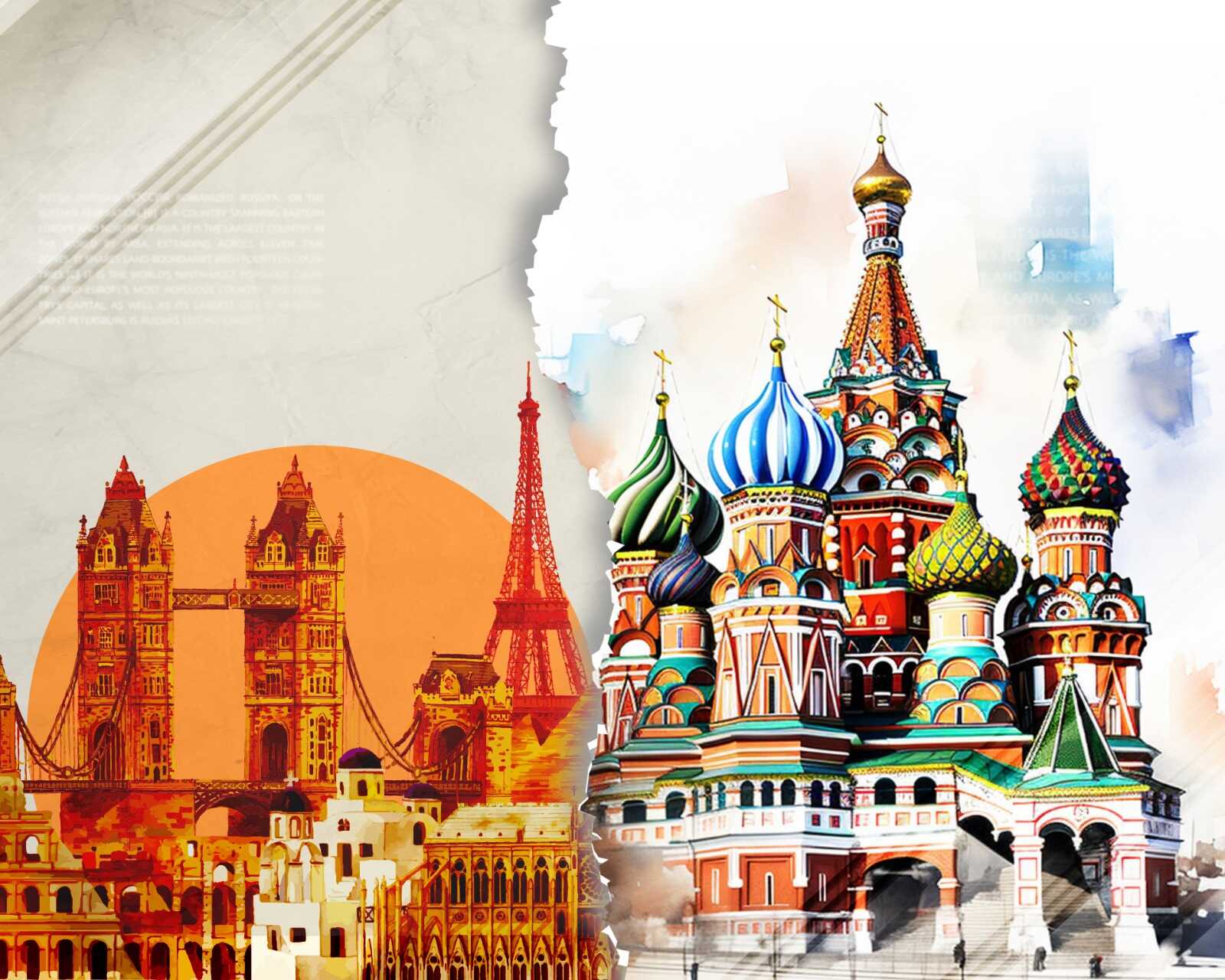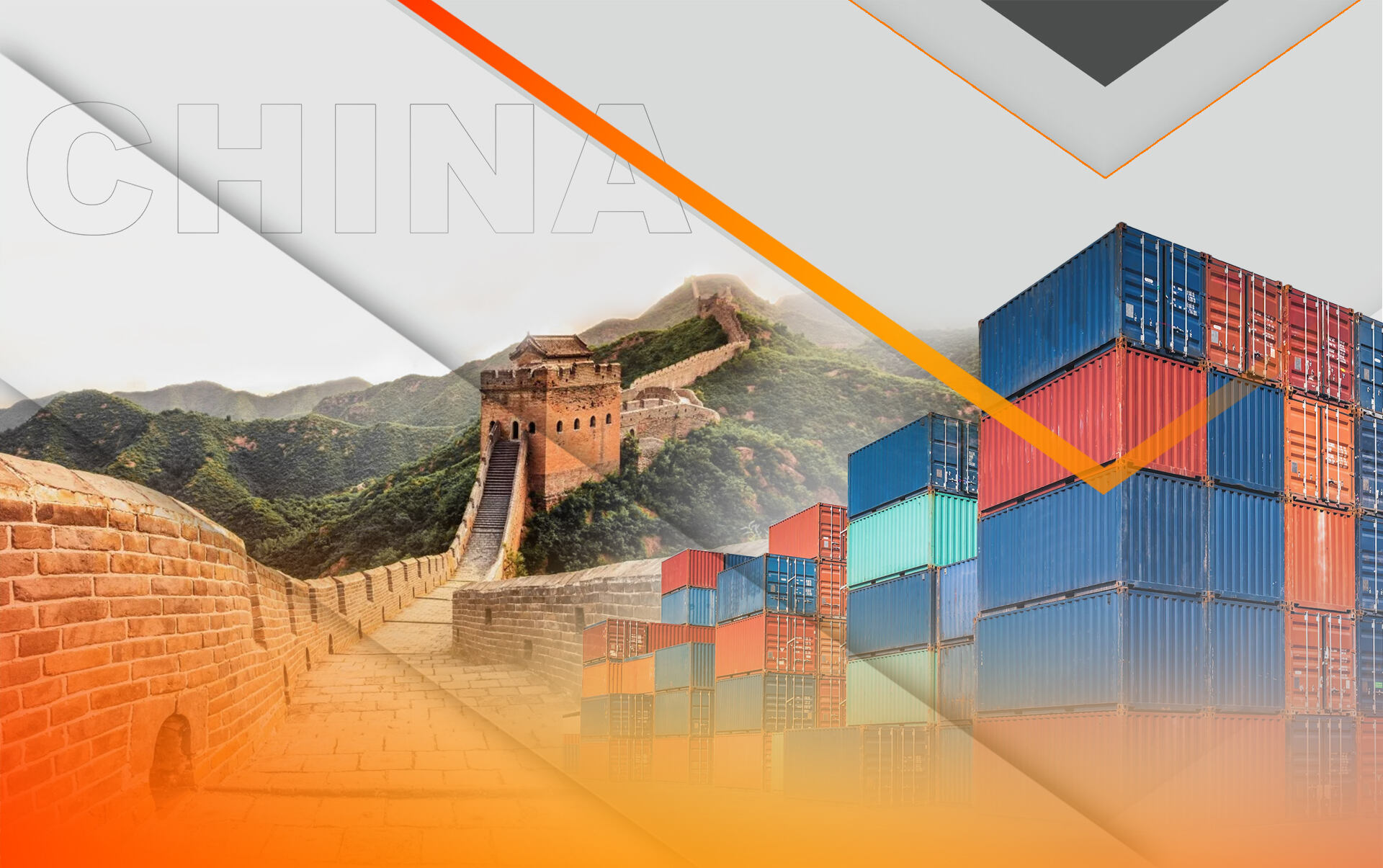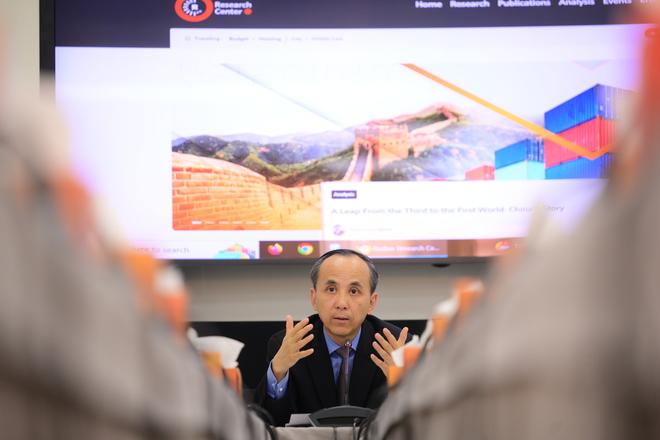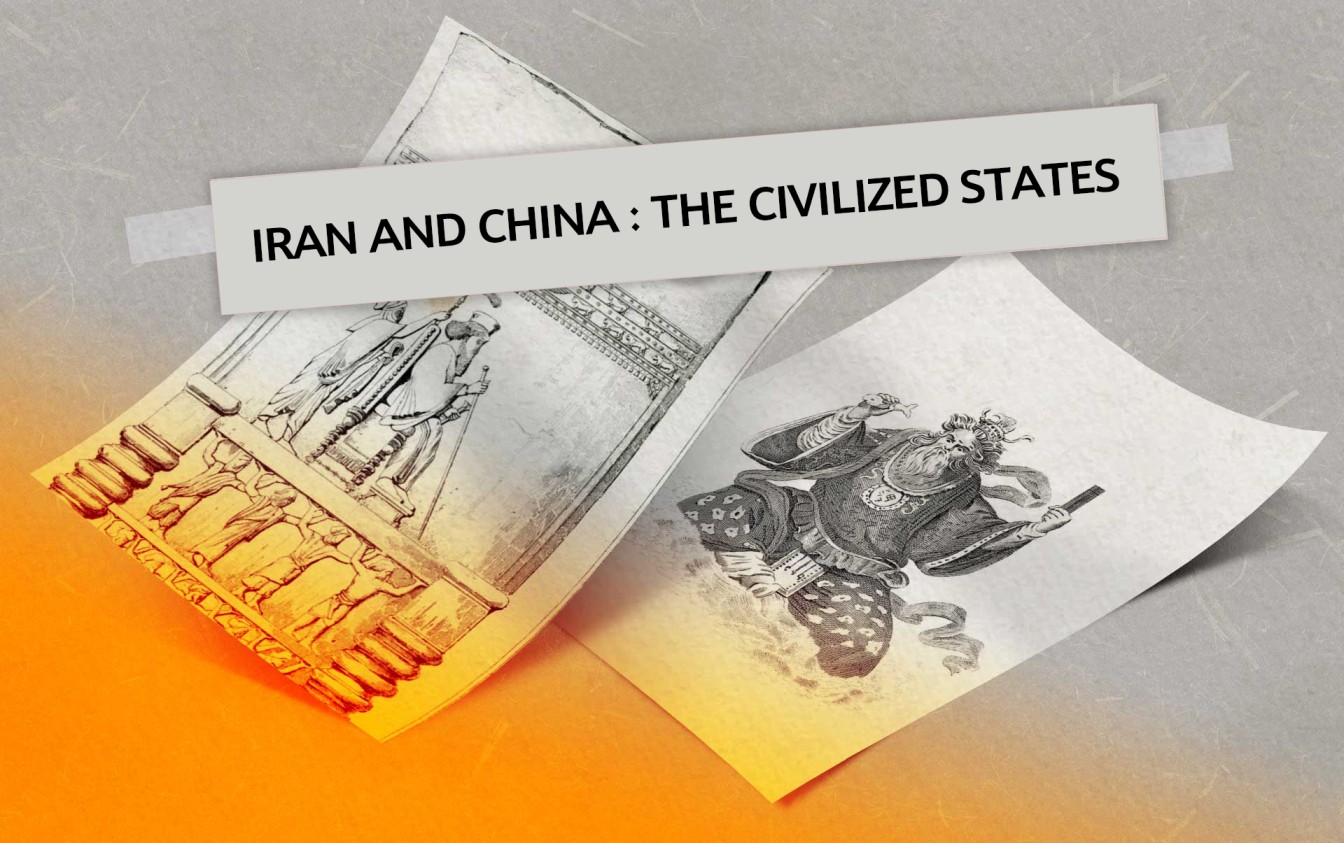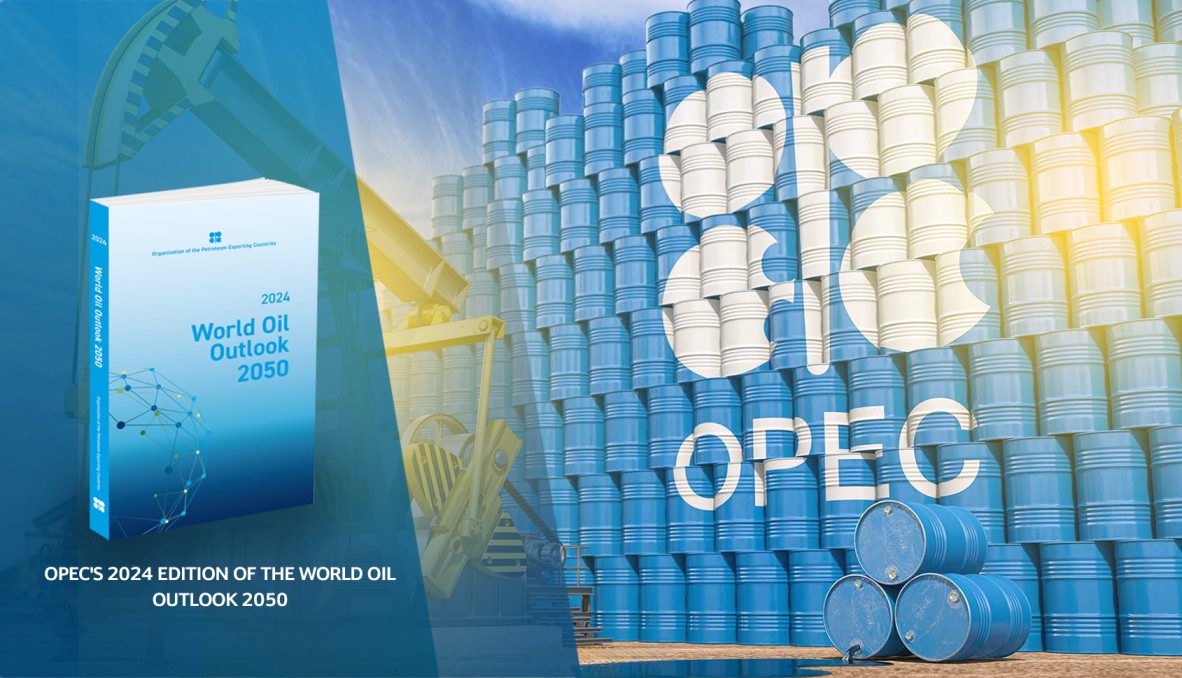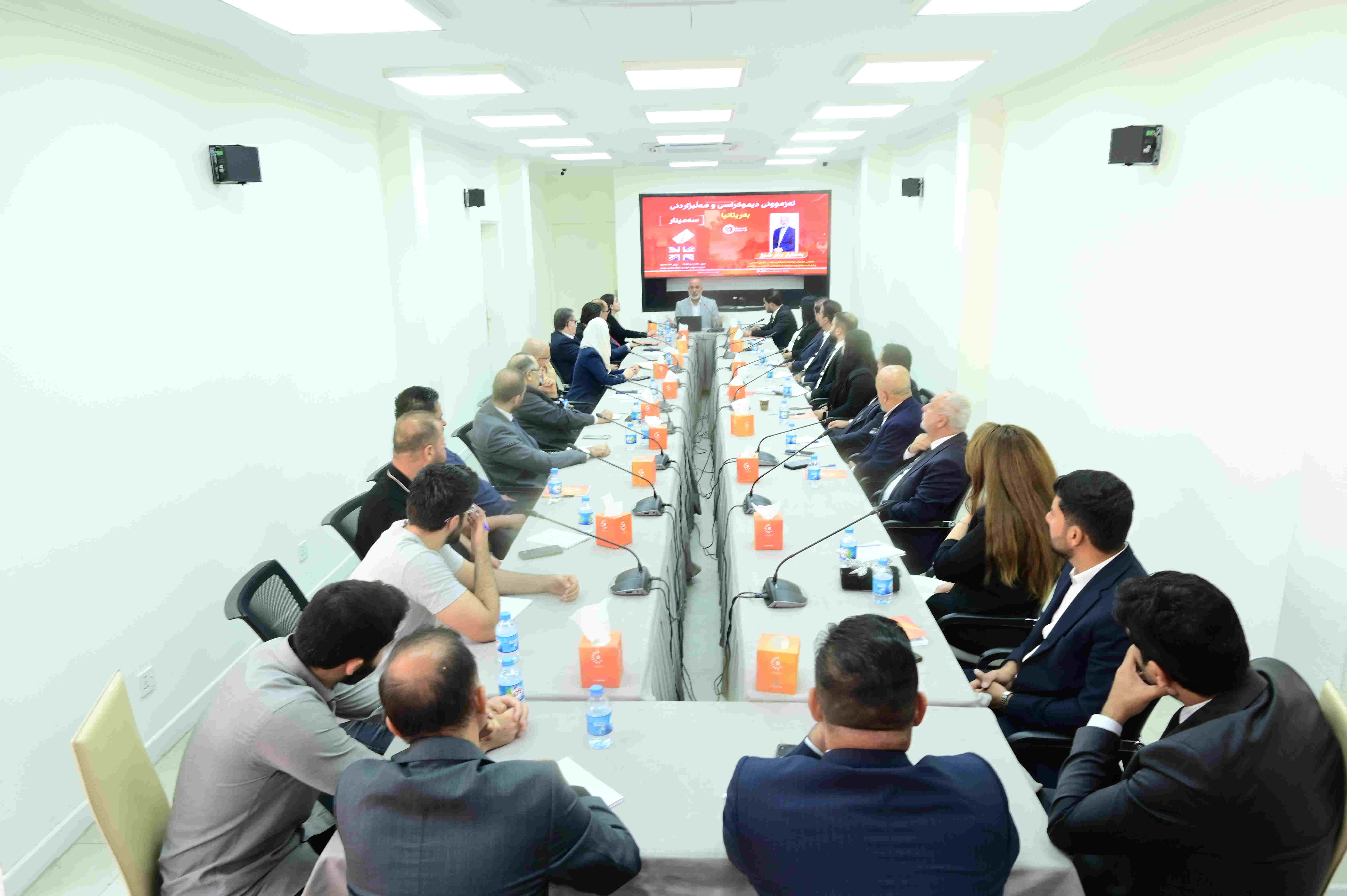The Rudaw Research Center was held a webinar on the fall of Afghanistan and future of US policy in South Asia with participation of Peter Galbraith Former US diplomat, and former deputy UN envoy for Afghanistan and General Ernie Audino (Ret) Senior Military Fellow at the Gold Institute for International Strategy and the event was moderated by Ali Kurdistani
Kurdistan is about 1500 kilometers far from the Donbas region where Russia has generated the instability. However, the political effect of the crisis on Kurds is not as far as the geographical distance.
On March 7, 2022, the price of one barrel of oil has raised to 140$, which is the highest price record for the past 12 years. The increase was in ways that in less than 24 hours, the price raised 30% percent, following the announcement from Biden administration and U.S. Congress that they are preparing a ruling to ban oil importation from Russia
A conversation with Nadine Maenza, Chair of the U.S. Commission on Internation Religious Freedom

Rudaw Research Center (RRC) held A conversation with Nadine Maenza, Chair of the U.S. Commission on Internation Religious Freedom about Religion freedom in Iran, Syria, Iraq and the Kurdistan Region
Three big Russian oil companies have the capital of about $14 billion in investment in the field of oil and gas in the Iraq and Kurdistan region. Gazprom produces 30,000 barrels of oil and 40 million cubic feet of gas daily in the Sarqala field, and Lukoil produces about 500,000 barrels of oil at the Western Qurna2 oil field in Basra.
In the upcoming days, Bahrain will host the 2022 Manama Dialogue again. The Manama Dialogue is scheduled from November 18th to the 20th of the same month. It is worth noting that this year's edition focuses on energy security rather than security and military issues
Xi Jinping's visit to Saudi Arabia comes just five months after US President's visit to Riyadh. The two visits are another sign of the great conflict the world is witnessing
Erbil Forum 2023

On the 1st & 2nd of March 2023, Rudaw Research Center will hold the 2nd edition of the Erbil Forum. The Erbil Forum 2023 titled "Turning Points and the Future of the Middle East" will be held in partnership with several research centers as well as regional and international institutions.
The United States withdrawal from Iraq: what kind of future lies ahead for Baghdad?
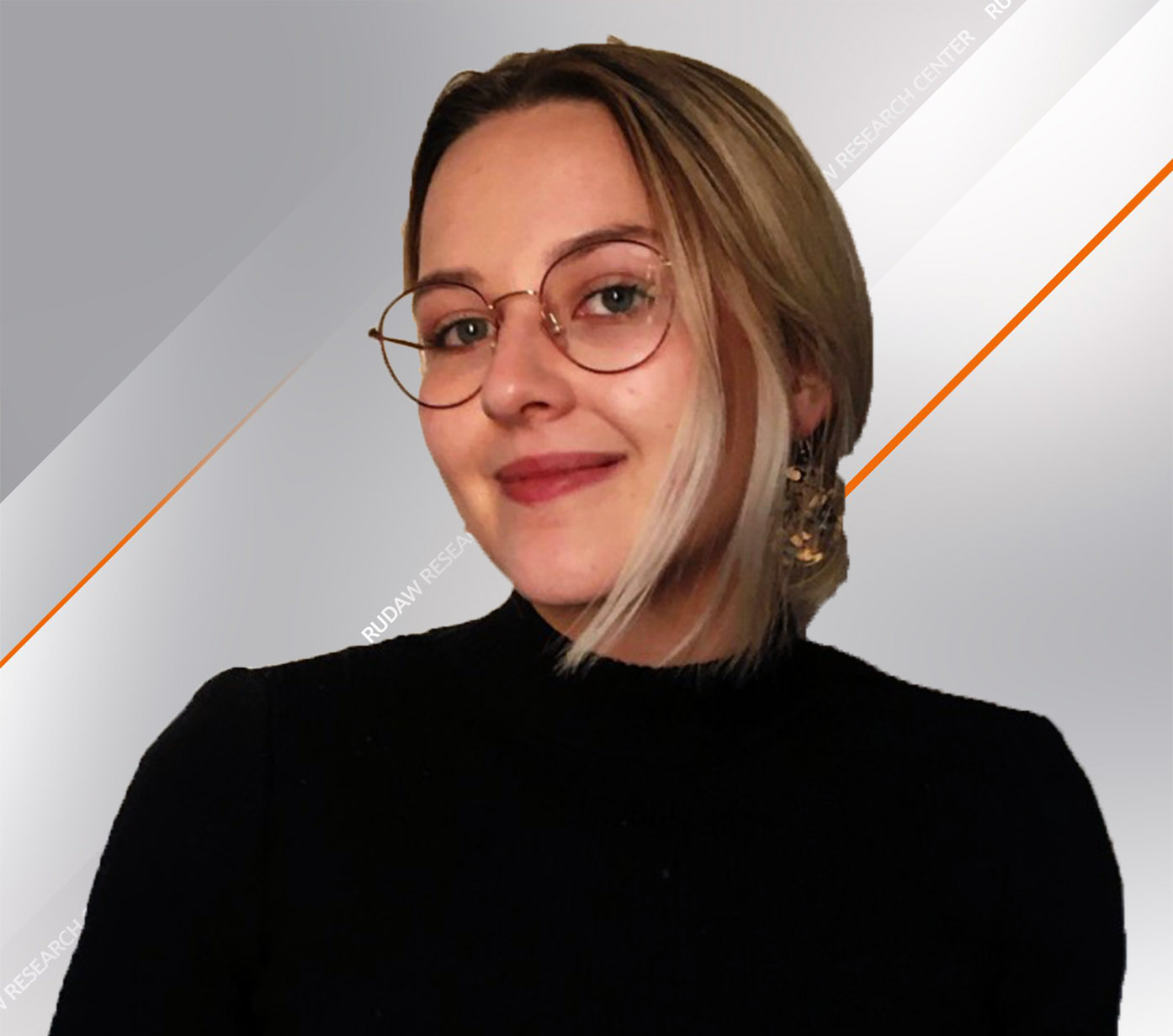
n July 2021, US President Joe Biden announced the definitive withdrawal of US forces from Iraq and the establishment of a new military cooperation between the two countries. While this departure has been made official twice, in 2011 and in 2021, to what extent is it effective and what consequences could it have on the political future of an Iraq torn by sectarian tensions? And can we really talk about a “withdrawal”? Because, on the ground, the United States continues to operate, particularly in the context of the international war on terrorism.
The present article addresses the experience of identity and belonging among second- generation Kurdish youths who returned to their ancestral homeland after an upbringing in Western Europe. The youths’ descriptions of self are taken to imply an understanding of themselves as transnational actors; they identified with both their ancestral homeland and the country where they grew up, felt a sense of belonging to both places and engaged in practices across the borders.
The unveiling of the Spice Route potentially poses a significant setback to Sudani's ambitious vision of bridging Asia and Europe through a development road project. Indeed, global infrastructure endeavors carry both economic and political significance, and this could explain why Iraq finds itself excluded from the recent initiative aimed at linking Asia and Europe, as unveiled during the latest G20 meeting.
As the world eagerly awaits COP 28, a significant United Nations and UAE summit dedicated to addressing, adapting, and allocating funds for mitigating natural disasters and climate change impacts on Earth. Global markets stand in anticipation of decisions stemming from the postponed meeting of OPEC and OPEC Plus.
Numerous Russian ports contend with challenges posed by ice and cold weather or rely on narrow straits controlled by other nations for access to the open sea. For example, Vladivostok, Russia's largest port, connects to the Pacific Ocean via the Sea of Japan, an area with ties to the United States. Moreover, this crucial port faces a four-month closure each year, and the absence of icebreakers would severely impede Russia's operations and trade. On the western front, Russian warships departing from St. Petersburg can navigate the Baltic Sea to reach the Atlantic Ocean. However, they must traverse the narrow Strait of Oresund, situated between Sweden and Denmark, adding to logistical complexities.
Rudaw Research Center's Moscow Meetings
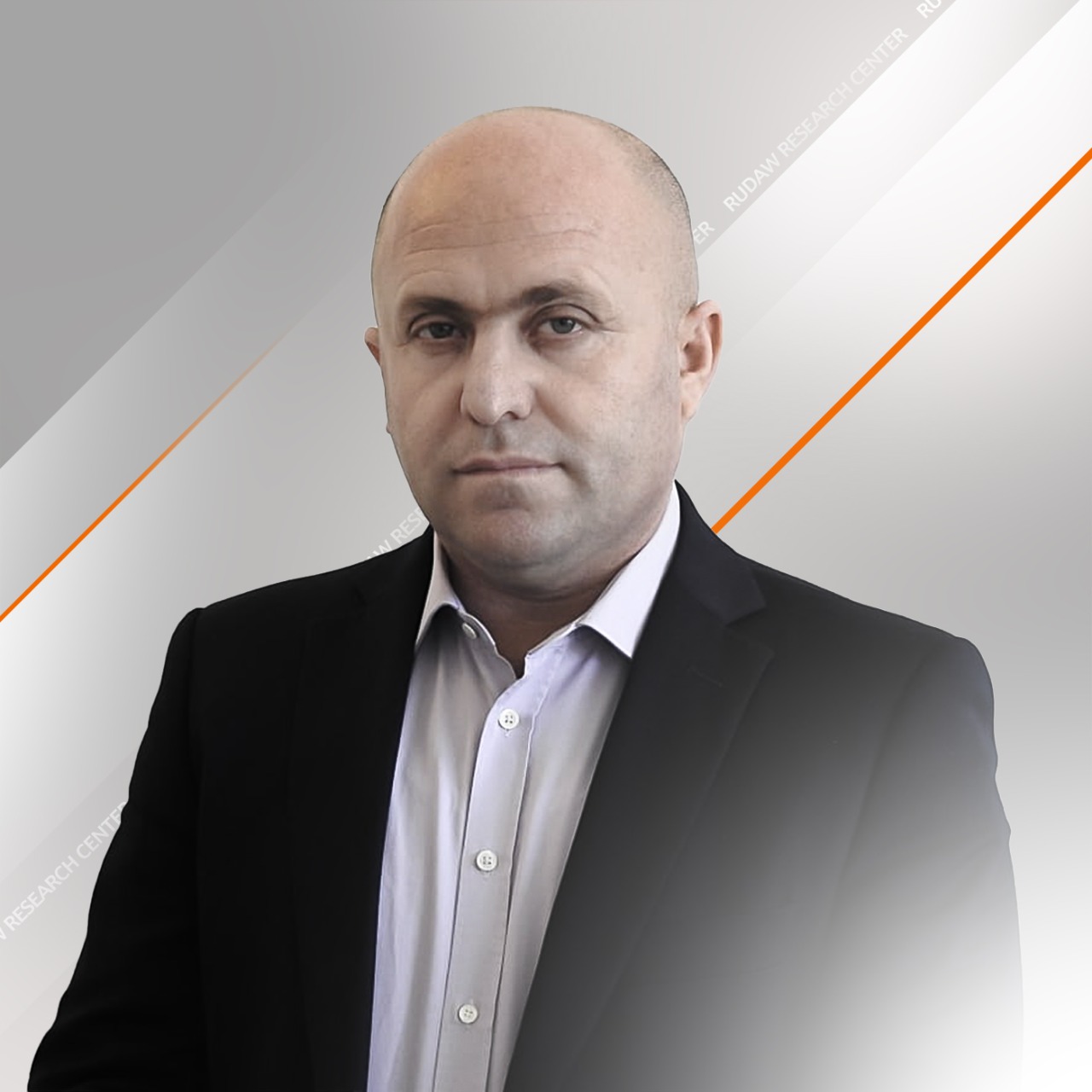
On the sidelines of the Russian Multipolarity and Russophile Forum, Mr. Zryan Rojhelati, Director of Rudaw Research Center, actively engaged in productive dialogues with directors of prominent Russian research centers and influential figures, fostering constructive exchanges and exploring potential collaborations.
Following French President Emmanuel Macron's call for direct military involvement in the Ukraine conflict, Putin issued a stark warning: 'We also have weapons that can hit targets on their territory.' This statement suggested the potential deployment of tactical nuclear missiles should the conflict escalate.
On May 22 and 23, 2024, Mahmoud Baban, a research fellow at Rudaw Research Center, speaker at the Second Kurdish Studies Conference, organized by the London School of Economics and Political Science (LSE), the University of Sheffield, Atlantic Fellows for Social and Economic Equity (AFSEE), and Bloomsbury Publishing in Sheffield.
The country’s rapid rise from Third World status to a global superpower, lifting 800 million people out of poverty within a single generation (World Bank, April 1, 2022)[ii], serves as a model for developing nations. Nevertheless, developing countries are eager for the changes brought by China’s infrastructure initiatives, but China’s approach to assistance differs from others as Chinese experts emphasize. “We’re not like the Americans; we can’t offer help for free because our country is still developing,”. However, with long-term loans and Chinese workforces, they believe they can assist in building infrastructure abroad. This duality makes China's presence in developing countries both an opportunity and a potential threat.
On Sunday, August 25, 2024, the Rudaw Research Center hosted a closed seminar featuring Liu Jun, the Consul General of the People's Republic of China in the Kurdistan Region.
The concept of the "civilized state" is gaining increasing recognition, representing not just a particular situation and era but also an identity, a self-definition, and a means of understanding one's role on the global stage. Like all concepts, it has its own history and evolving application. This article explores the notion of the "civilized state" through the lens of the strategic agreement between Iran and China. It also examines its broader implications at both regional and global levels.
In contrast to the International Energy Agency's forecast for the future of oil, OPEC predicts a 24 percent increase in energy demand by 2050, primarily driven by non-OECD countries, with India and China being the main contributors to this surge. According to OPEC, coal will be the only energy source to see a decline in demand over the next 25 years, while global daily oil demand is expected to reach 120 million barrels per day.
During the seminar, Bakhtiar Mam Sheikh delved into the intricacies of the UK’s democratic system and electoral processes, offering a comparative analysis of the election mechanisms in the Kurdistan Region and Iraq. He provided a detailed overview of the UK's transition from monarchy and authoritarian rule to a democratic system, emphasizing the significance of long-established democratic institutions and electoral practices. The seminar shed light on the unique challenges faced by the UK throughout its democratic evolution, while also highlighting lessons that could be relevant for the Kurdistan Region's own journey toward strengthening its democratic foundations.


